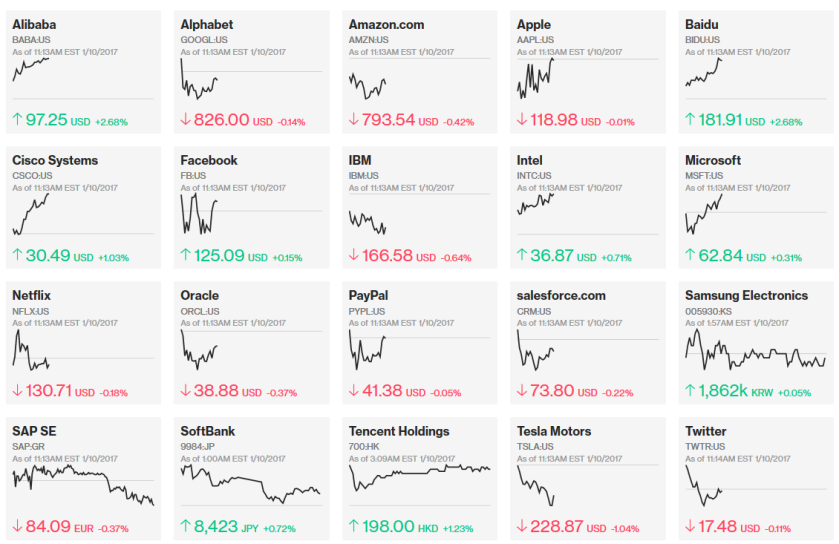Giuseppe Sandro Mela.
2017-01-10.
È cambiata un’epoca, e pochi riescono ad avere il coraggio di metterne in luce alcuni degli aspetti fondamentali.
Non ancora entrato in carica, Mr Trump inizia a preoccuparsi attivamente di ciò che dovrebbe essere uno dei compiti primari di un capo dello stato: far nascere le condizioni che consentano la generazione di nuovi posti di lavoro nel comparto produttivo. Dare in altri termini un lavoro dignitoso ai propri Cittadini Elettori.
Di ieri la notizia che Toyota investirà negli Stati Uniti 10 miliardi di dollari per potenziare la sua produzione di automobili negli Stati Uniti.
Di oggi l’abboccamento con Mr Ma, executive chairman del Gruppo Alibaba.
«Jack Ma, the executive chairman of Alibaba Group, pledged to create one million US jobs over five years by supporting small businesses».
*
«We think that China and US relationship should be strengthened, should be more friendly»
*
«Il meeting a sorpresa tra il presidente eletto Donald Trump e Jack Ma, il genio del commercio che inventò Alibaba, rischia davvero di essere quello che gli americani chiamano “Game Change”: qualcosa, cioè, che cambia le regole del gioco»
*
«E di tutto il mondo»
*
«Avviso ai naviganti …. Incontrando Jack Ma, Mister Trump ha ricevuto non solo l’imprenditore …. Jack Ma è l’ex professore di Hangzhou che oggi è il secondo uomo più ricco della Cina, 27 miliardi di dollari …. Ma è soprattutto l’imprenditore che à anche il miglior amico di Xi Jinping, il segretario del partito comunista nonché presidente della Repubblica popolare, l’uomo più potente dai tempi di Mao Zedong.»
*
«Mica è un caso che il faccia a faccia finisca in prima pagina sul Global Times, il giornale in inglese espressione del partito: “Trump incontra Jack Ma”. »
